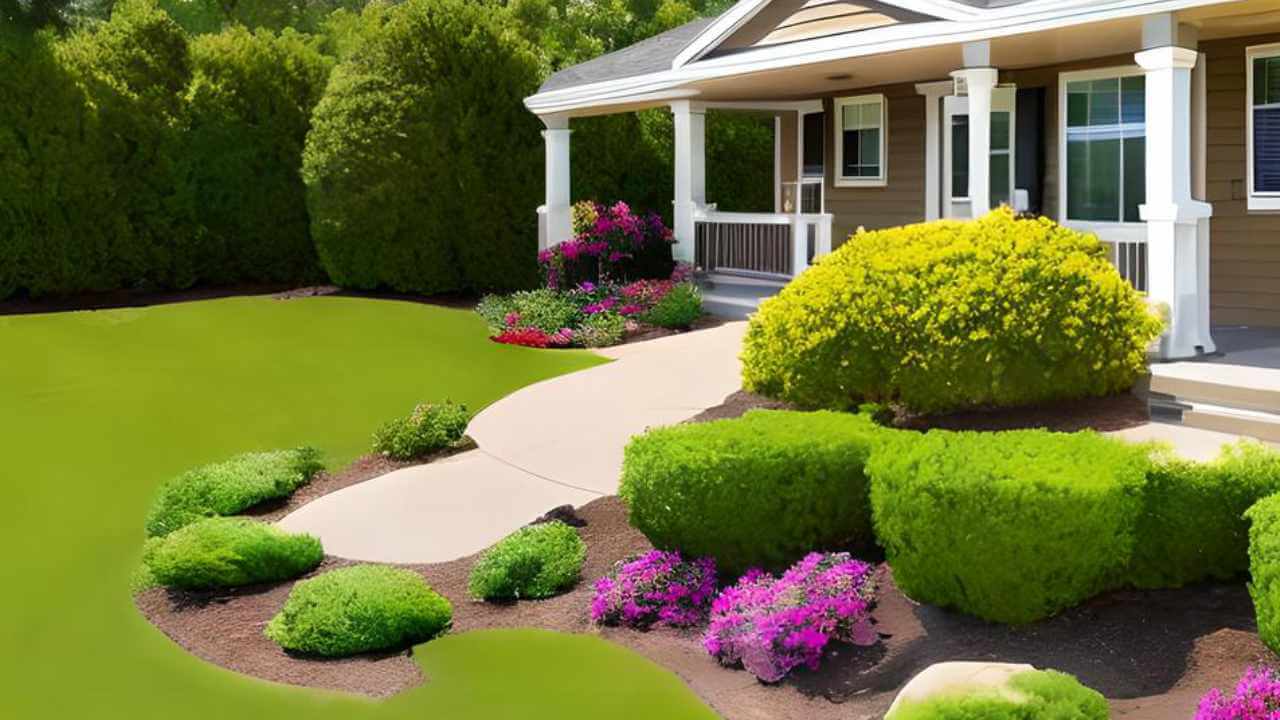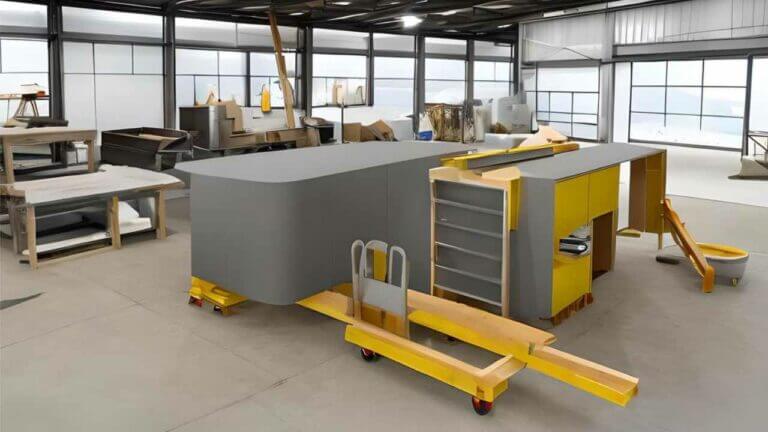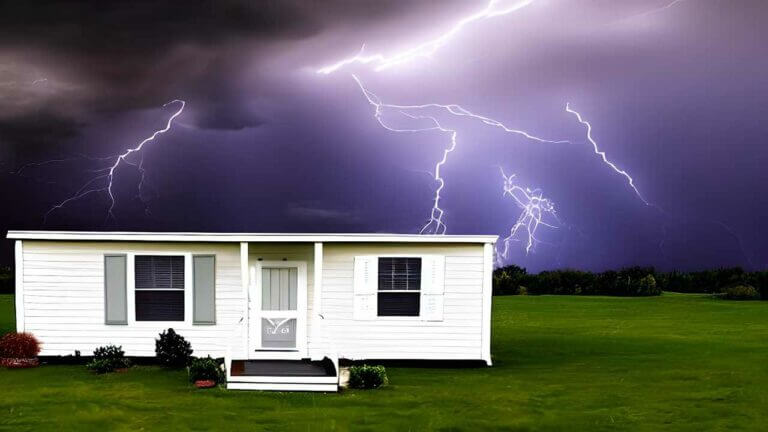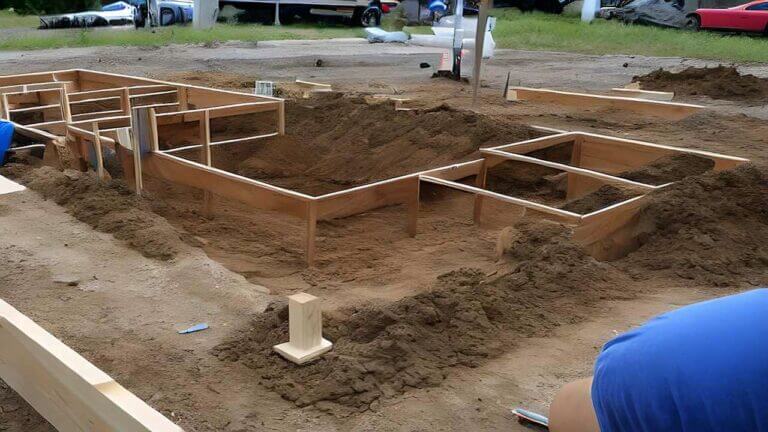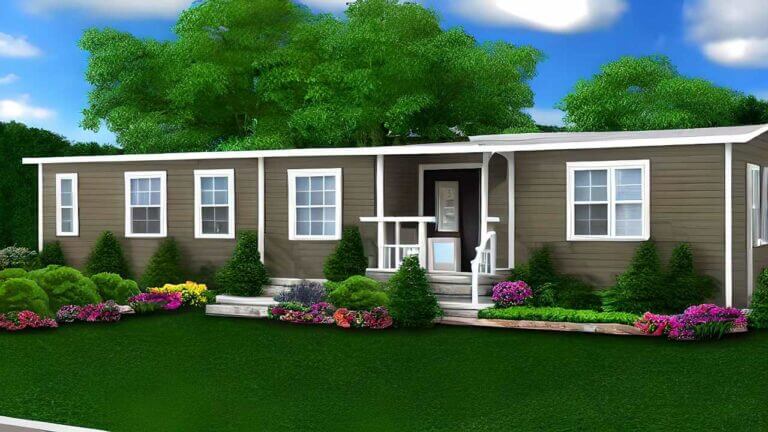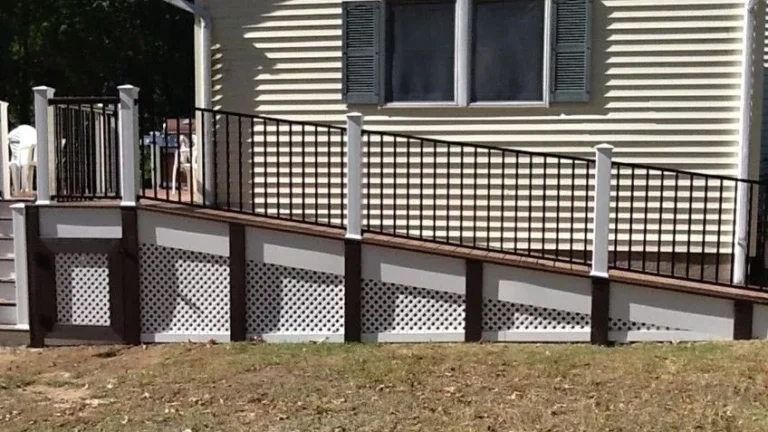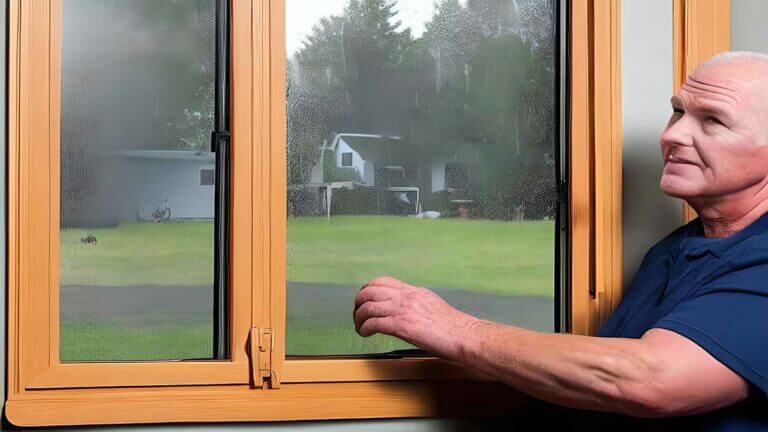How Well Do Mobile Homes Hold Their Value?
The term mobile home comes from its original use as an agricultural vehicle built for traveling around fields and housing livestock or crops. Since then, it has been adapted to be more livable.
These manufactured homes are typically constructed of steel or aluminum chassis’s and modular building components that can be assembled into different shapes and sizes. They usually have electricity (plugs) and water (pipes) installed at the site so users do not need to take care of these things themselves.
The average person does not consider mobilehomes to be truly “mobile” however. Most people associate them with parks and campgrounds where they live permanently. Some even argue that they are not really homes since they lack windows and/or interior features such as walls!
This article will discuss how well mobilehomevalues hold up against other types of dwellings.
Good condition
Many mobile home owners consider their homes to be worth what they paid for it, however, this is not always the case due to poor maintenance or lack of investment in repairs.
A lot of people will say that their mobile home is worth more because it has been sitting there for years and has gathered “treasure” through depreciation. However, this only applies if you actually maintain your home and invest time into fixing things!
If you are looking to sell your mobile home, making sure it looks its best and is in good working order can increase its value. Make sure to check out our article here about how to improve the curb appeal of your mobile home.
Avoid lowering the price too much as well – while some may argue that your mobile home is still valuable, others may choose to buy something else instead.
Structural integrity
The chassis or frame of your mobile home is an important part to know about when it comes down to how much value it has. A strong, sturdy chassis means less risk of damage or loss due to collisions or falling objects.
A good way to assess structural strength is by looking at the floor joists. Floor joists are the beams that support the body of the trailer above ground.
By measuring the spread between each beam, you can determine if there is enough space for a vehicle to drive under without hitting the bumper or side wall. If there’s not, then either the driver must go around or pull forward to get through, which decreases efficiency and may cause safety issues, like car doors getting stuck during an evacuation!
Another key component in the structure of most mobile homes is the walls. These are typically made out of aluminum or steel and have protective plastic covers over them to prevent holes and water damage.
If the coverings are missing, check the metal behind the wall to see if it’s exposed. This would allow moisture to seep in and potentially corrode the interior parts.
The mobile home market
As we mentioned earlier, while manufactured homes are built to last, not all mobile homes are designed with durability in mind. Some may even break down quickly or lose value because of how easily they can be transported!
Mobile homes that are ten years old and newer come with heavier warranties than older models. This is due to the fact that manufacturers have more stringent standards for quality now than they did back when these homes were first released.
However, most one-year warranties only cover parts and labor to repair or replace the house. Many people do not realize that you cannot typically get replacement coverage for your land and/or utilities like electricity and water.
The mortgage market
There is an increasingly popular way to buy a mobile home – you can’t actually own it, but you can lease it! A manufactured home leaser (MHL) gets paid to live in a mobile home that they don’t even have ownership of.
A MHL purchases what’s known as a timeshare contract for a mobile home. They then enter into a leasing agreement with a owner/lessor who pays them a monthly rent to use their residence.
Typically this arrangement lasts anywhere from one year to many years depending on how much money the lessee has saved up. After all, why would someone pay to live in a place they already have access to?
Mobile homes are not typically built with very sturdy foundations, making them susceptible to damage due to severe weather or heavy equipment used during moving or storage. This can result in significant repair costs down the line.
Repairs may be too expensive for the individual buyer, so they will pass these costs along to the next person. This can quickly add up to wasted value once the home reaches its true sale price.
Availability of financing
One major factor in determining the value of your mobile home is how much you can afford to spend on it. Obviously, the higher you are able to go, the more expensive the mobile home will be!
Fortunately for most people, mobile homes come with very affordable loans. This means that even if you’re not rich, you can still own a great mobile home without having a huge debt burden.
It’s important to remember that buying a used mobile home isn’t necessarily the best way to save money. While it may cost less than buying a new one, you’ll probably have to pay quite a bit more to get someone else to take over the loan.


